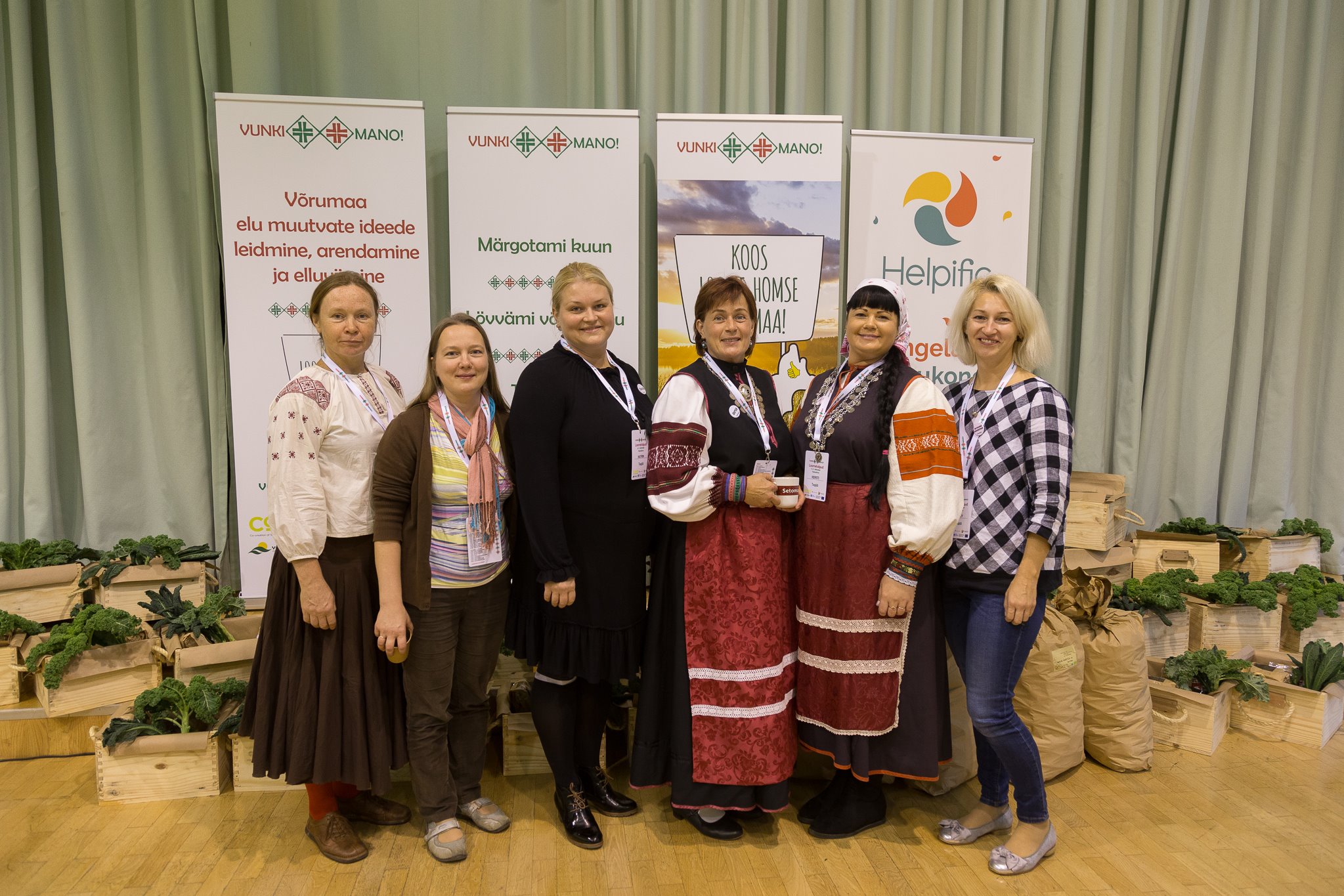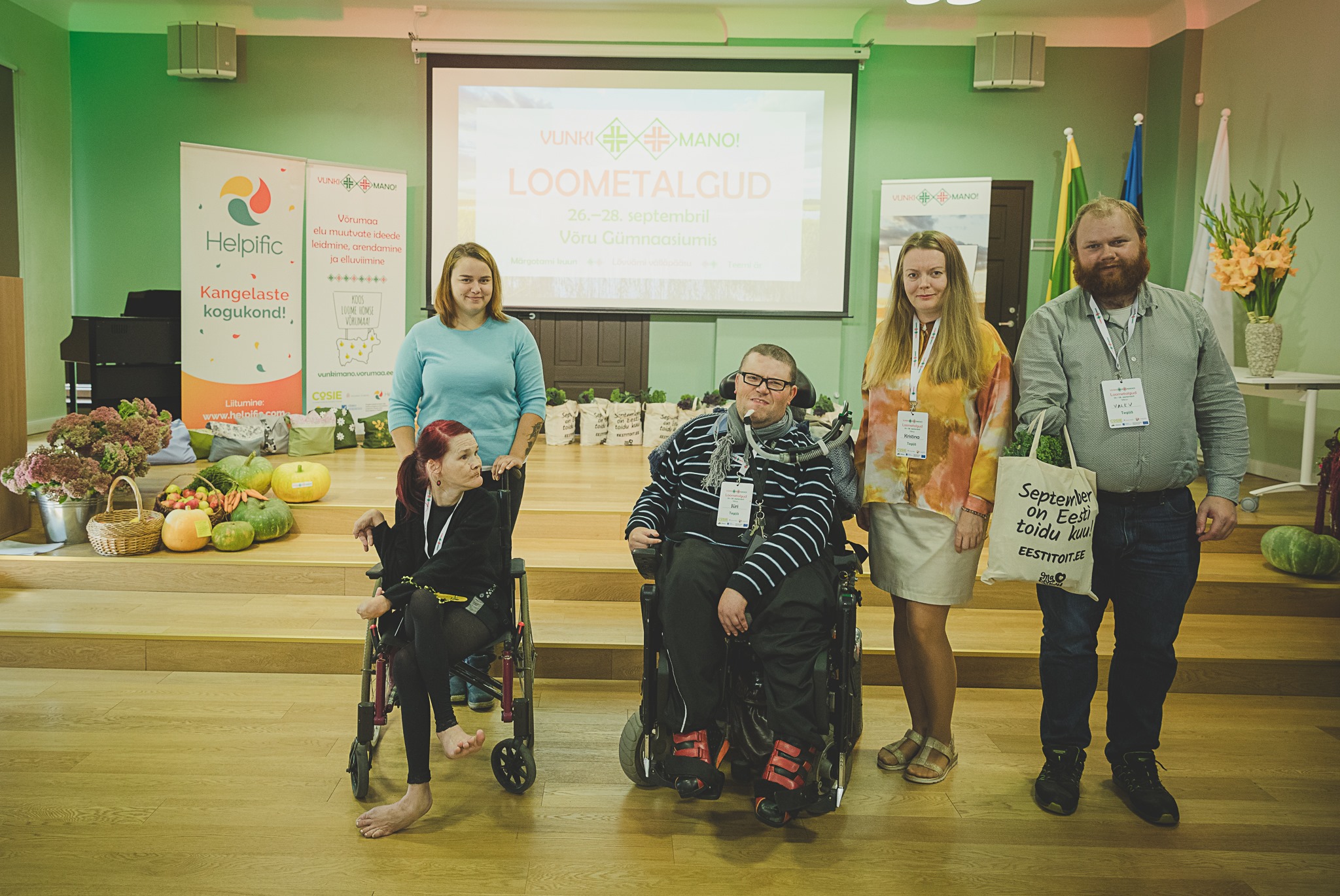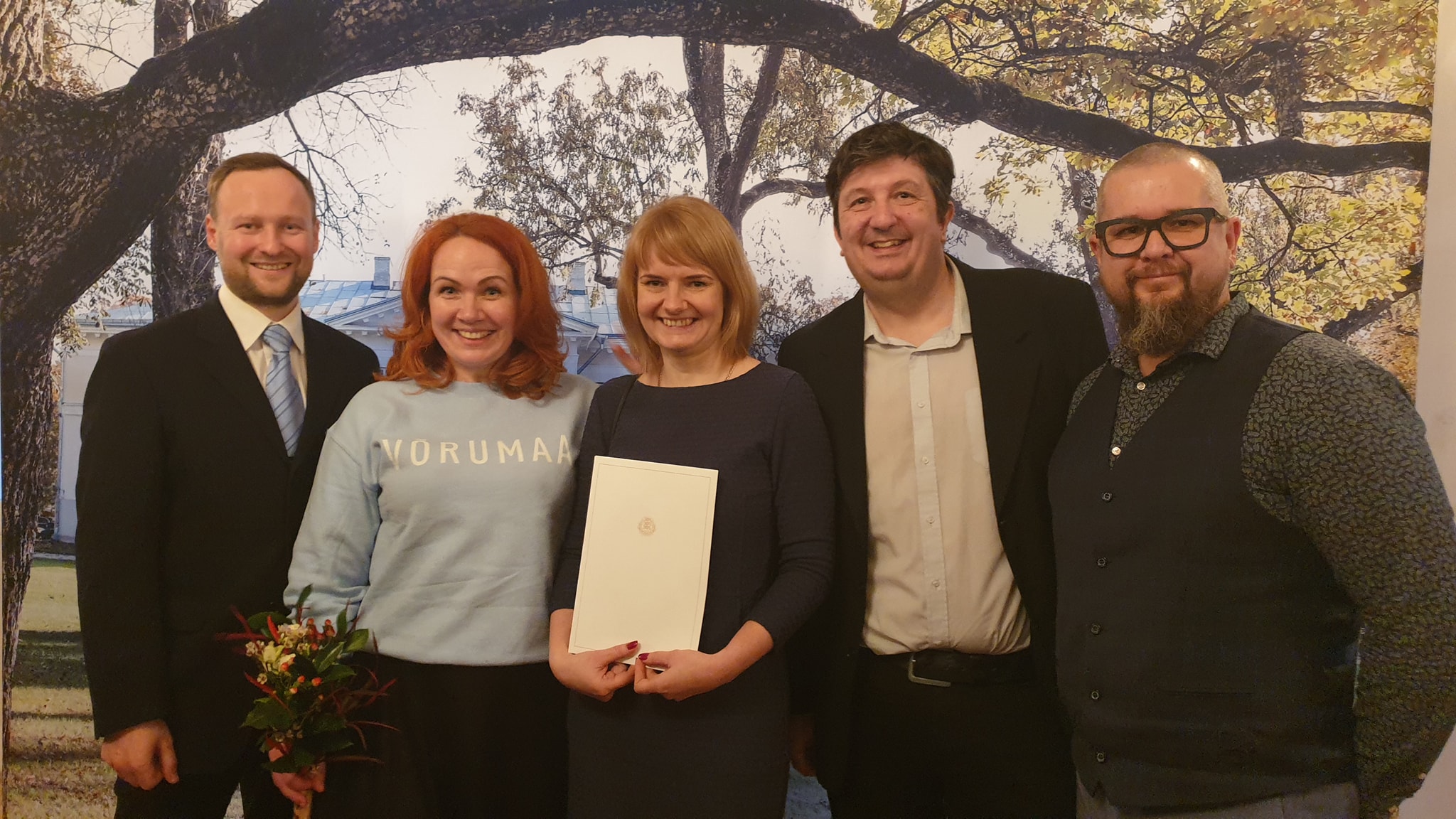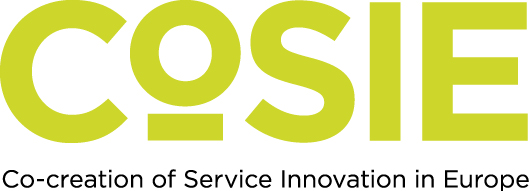Social Hackathon Events in Remote Areas
Võrumaa county is the less populated area of Estonia with 34.000 inhabitants having mostly remote village areas. Running traditional social services seemed to be hardly sustainable in the region due to the law level of social expenditures in Estonia and lack of efficient resources. New methods are needed to mobilize community resources strengthening the participation of citizens.
Between October 2018 and September 2019, we have organized three social hackathon events in Võrumaa county of Estonia in order to pilot an innovative method for co-creation of social services. The method of hackathon as a development event is well know from the IT sector, in Estonia we try to extend this multidisciplinary innovation approach to the welfare system, too.
About 100 people participated in each event who came from very different fields. Local governments, ministries, social and health service providers, service users, NGOs, entrepreneurs, local companies, experts and fellow citizens were all represented. The 48 hours events were organized usually in school buildings at different corners of Vorumaa county. Over the last 1,5 years more than 30 emerging projects were created at our Social Hackathon events co-created by different stakeholders.
Preparations:
Preparation work for a Social Hackathon starts 6-9 month before the event. Robust efforts are needed to engage different stakeholders. Co-creation can only occur if people with very different backgrounds get together to solve wicked problems of local communities. We needed to pay particular to the language we use. Very important is to abandon jargon and approach stakeholders with a language they are familiar with. We hired local artists to create design elements and communication style that fits local communities.

Co-creation:
A social hackathon event always starts with the pitching of idea holders followed by team creation. Usually 10-12 teams were formed and from that point they started the development work using specific methods given by our organizers. Co-creation is continuously monitored and supported by mentors who are experts from different fields like service design, marketing, social entrepreneurship, communication, IT, team building.
At the end of the 2nd day teams are presenting their results which in most of the cases a well-prepared plan for implementation. Best ideas are awarded by the jury and different sponsors.
We paid particular attention to the participation of service users and vulnerable people of the community. We improved each hackathons’ logistics to be accessible not only physically but we wanted to create an inclusive atmosphere. Peer support workers of the Estonian Association for Psycho-social Rehabilitation, activists and users from the field of disability care gave us very important feedback to improve our method. Our project partner, a social start-up, Helpific MTÜ created an ICT tool to support the involvement of vulnerable people to the process of co-creation.

Impact:
More than 30 emerging projects were initiated by different stakeholders during our hackathon events. Majority of them are addressing public issues of the local communities of Vorumaa. 3-4 initiatives are directly connected to the situation of vulnerable people targeting people with disabilities, people suffering from dementia, people with mental health problems and elderly people. During the follow up process, we connect all these initiatives with local municipalities attempting the incorporation of bottom-up ideas and solutions into the local governments’ development plan.
The method of Social Hackathon became popular in Vorumaa county, local governments of the region decided to continue to organize these events on an annual basis, the first occurring in March 2020 financed fully from local resources.
The pilot received relevant national attention when the project received the most inspiring initiative of 2019 award from the president of Estonia.

Schedule:
Three social hackathon events: first one in October 2018, second one in April 2019 and third one in October 2019. Including the preparation and follow up phases the pilot lasts 18 months.
Geographic area and target groups:
Our target group is vulnerable people (people with disabilities, mental health problems and elderly people) but our approach embraces problems at the level of local communities instead of clinical or welfare categories. We work with small communities and their initiatives targeting vulnerable people in an integrated way.
Collaborators:
The core element of the method of social hackathons is about the involvement of different stakeholders. We identify core problems in the region connected to people’s life, and all stakeholders are invited to participate with their ideas or resources to find solutions. Typical stakeholders are local governments, social service providers, user groups but also entrepreneurs, community leaders and fellow citizens.
Learn more form lived experience stories gathered in the Estonian CoSIE pilot
CoSIE partners involved:
Helpific
Tallinn University
Association of Municipalities of Võru County
Read more about the pilot from our CoSIE Blogs
It all starts with trust. Do we really trust people with disabilities?
Social Hackathon in Vorumaa County
Contact: Zsolt Bugarszki, zsolt.bugarszki@tlu.ee
